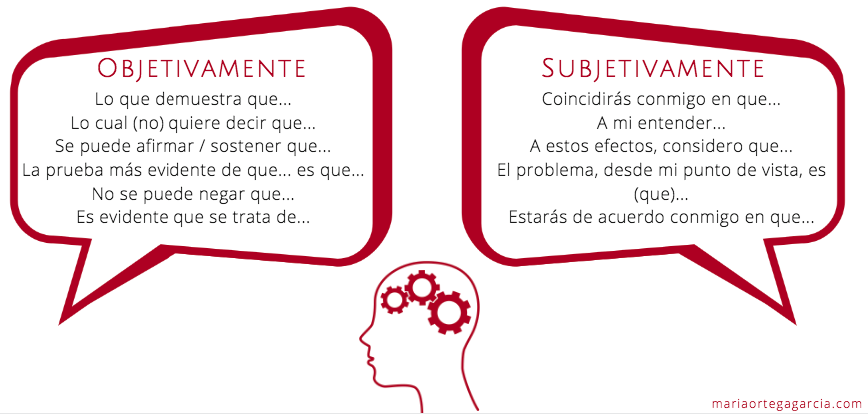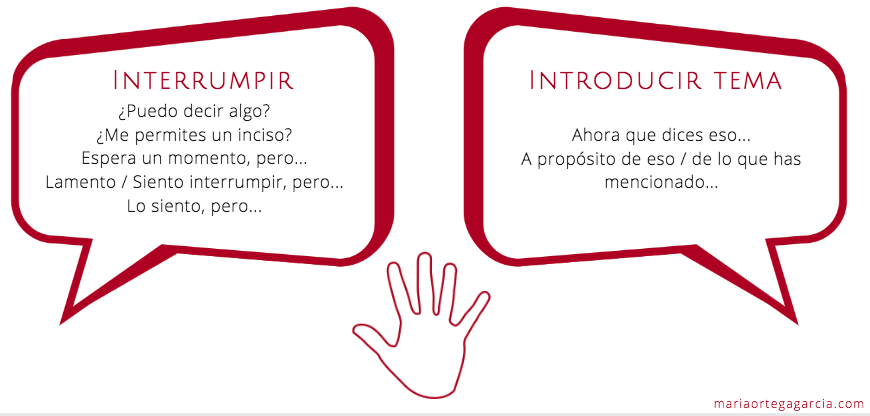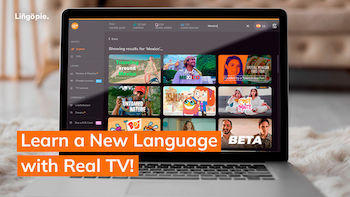This post focuses on the speaking tasks of DELE B2, DELE C1 and DELE C2 oral exam. These tasks involve expressing an opinion and negotiating / arguing with the examiner in a formal / informal conversation.
In this post we also cover the DELE exam topics for the DELE B2, DELE C1 and DELE C2 exam.
The Tasks and Topics
Opinion and Personal Assessment
(DELE B2 – Task 1 / Oral Exam)
Tarea 1 (Task 1) of the DELE B2 Oral, consists of two parts. In the first one, a monologue, the candidate must assess different proposals to solve a controversial situation. In the second part, the candidate will choose one of the proposals, express and justify their opinion and discuss with the examiner.
Los temas del examen DELE B2 / The topics of DELE B2 exam are:
- Individuo, salud, higiene (individual, health, higiene)
- Trabajo, vivienda, economía e industria (work, housing, economy and industry)
- Educación, ciencia y tecnología (education, science and technology)
- Ocio, compras y actividades artísticas (leisure, shopping and arts)
- Información, medios de comunicación y sociedad (information, media and society)
- Política, temas sociales, religión y filosofía (politics, social issues, religion and philosophy)
- Viajes, transportes, geografía y medio ambiente (travel, transport, geography and environment)
The Negotiation
(DELE C1 – Task 3 / Oral Exam)
Tarea 3 (Task 3) of the DELE C1 Oral, consists of an informal conversation between the candidate and the examiner about graphic or visual stimuli. In this task, the candidate must be able to understand the information given, express and justify their opinion, exchange ideas and emit an assessment with the goal of negotiating and reaching an agreement.
Los temas del examen DELE C1 / The topics of DELE C1 exam are:
- Educación y formación (education and training)
- Bienestar y salud (wellbeing and health)
- Mundo laboral (work)
- Ciencia y tecnología (science and technology)
- Manifestaciones artísticas (artistic manifestations)
- Medios de comunicación y transportes (media and means of transport)
The Informal Exchange
(DELE C2 – Task 3 / Oral Exam)
Tarea 3 (Task 3) of the DELE C2 Oral, consists of an informal conversation between the candidate and the examiner about three to four newspaper headlines that present different aspects of a same topic. The candidate must improvise an informal conversation with the examiner with the purpose of exchanging their personal opinion about the topic.
Los temas del examen DELE C2 / The topics of DELE C2 exam are:
- Medios de comunicación (media)
- Historia y artes (history and arts)
- Sentimientos, creencias y valores (feelings, beliefs and values)
- Ciencia y tecnología (science and technology)
- Economía y desarrollo (economy and development)
- El hombre y su entorno (the human and its environment)
The Challenges
The challenges that the candidate might encounter are related with vocabulary (note that the vocabulary must be accurate and appropriate for the tone of the conversation), the turn to speak, the adequacy of speech or the usage of expressions that show agreement / disagreement.
The Resources
With the goal of resolving this challenge, I am sharing with you structures you can use in these type of interactions (debates, informal exchanges, negotiations… in your DELE oral exam).
- How to ask, express and justify an opinion
- Argue objetive and subjectively
- Interrupt and introduce an new topic
- Express agreement / disagreement
Ask for / Give an Opinion in Spanish
Below you have few options to ask for an opinion in Spanish. All of those appear in the form of “tú”, but you know that in more formal contexts, you should use the form of “usted”, “¿qué opinas de…?” becomes “¿qué opina de…?”. From the suggestions below, some are more formal than others, for examples, “Y tú, ¿cómo lo ves?” is pretty informal but very common in informal conversations.
It is important you know the tone of the conversation so you use adequate structures.
Regarding how to give your opinion in Spanish, I give you some common options you can use in any of the speaking tasks of DELE.

Argue an Opinion Objectively / Subjectively in Spanish
The skill of arguing an opinion involves the ability to express objectively and subjectively one’s arguments. Some arguments are based on facts or data, in those cases you can use the objective structures. Other arguments are based on personal experience and appeal to the interlocutor’s personal experience as well. For these arguments you can use the subjective structures.

Interrupt and Introduce a new topic in Spanish
One of the biggest challenges my DELE students face is mastering the turn to speak and interrupting in an appropriate manner. In the higher levels of DELE, the candidate must be able to lead the conversation; that involves to initiate the conversation, interrupt and change topics when appropriate.
Below, I give you some adequate structures you can use to interrupt the examiner in a polite and adequate manner and also how to introduce a new topic in the conversation.

Express Agreement and Disagreement in Spanish
The final part of this article shares with you sentences and structures to show agreement and disagreement in Spanish.

And here you have it. This article offers you some sentences you can use in the conversation tasks of the speaking part of DELE B2, DELE C1 and DELE C2.


